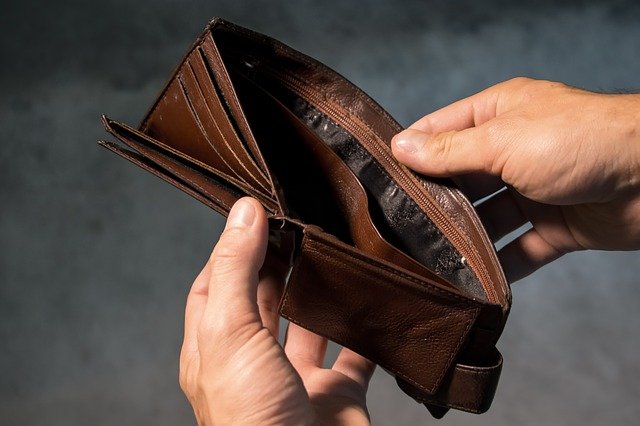It’s that time of year—tax season—and all across West Virginia, taxpayers who have filed bankruptcy in WV (or are thinking about it) look to the Internet to answer one question: What happens to your tax refund in bankruptcy?
The answer looks deceptively simple, but the consequences of making a wrong move can be extreme. Southern WV bankruptcy lawyer Jason Harwood of Harwood Legal, PLLC can provide you with the WV bankruptcy help you need.
Looking at the Timing of Your Bankruptcy in WV

To figure out what happens to your tax refund in a Chapter 7, for example, your southern WV bankruptcy lawyer begins with some simple questions related to timing:
- Are you considering filing bankruptcy, or have you already filed bankruptcy?
- Are you preparing to file tax returns, or have you filed your tax returns already?
- When did you earn the income that will or did result in a tax refund? In other words, was it before, in the same year as, or after you filed for bankruptcy?
- How much of a tax refund are you expecting, and when?
- How much tax is currently withheld from your paycheck (your withholding)?
- How much are you currently contributing to a retirement account?
Your answers to these questions will help your southern WV bankruptcy lawyer get started.
Developing a Strategy for Your Bankruptcy in WV
To address your unique situation and help you find your way through the law, the Harwood Legal team can design a personalized, and legal, strategy to achieve the following:
- Use your tax refund money in the best way;
- File the necessary tax returns and forms required for bankruptcy debtors and estates;
- Make adjustments to your employment tax withholding amount to minimize the amount of a refund (if it appears that any refund might go straight to the bankruptcy trustee to use to pay creditors);
- Consider contributions to your retirement account (importantly, before any refund amount hits your bank account); and/or
- Avoid dismissal of a bankruptcy.
Alongside your southern WV bankruptcy lawyer, you’ll need to decide on the best approach so that you have some control over what happens to your tax refund in bankruptcy.
What Laws Apply to You?
The interrelationship between bankruptcy filings and tax refunds can be gleaned from a look at the voluminous provisions of the US Bankruptcy Code, court primers related to understanding bankruptcy, and the many IRS publications (such as the IRS Publication 908, Bankruptcy Tax Guide).
The rules don’t end with the federal bankruptcy code and the IRS, however. West Virginia has its own code and set of requirements when it comes to your obligations and entitlements before, during, and after a bankruptcy filing.
The Rules Specific to Bankruptcy and Tax Refunds in WV
Particularly important for a bankruptcy in WV are the provisions found in West Virginia Code § 38-10-4 surrounding bankruptcy exemptions. An exemption allows a bankruptcy debtor to exclude certain property, whether it be cash or another form of property, from being made a part of the bankruptcy estate. An exemption means that a bankruptcy trustee and estate generally cannot touch the property (the “asset”) that is the subject of the exemption. A wildcard exemption is a specific kind of exemption that allows a debtor to choose which asset to protect.
In West Virginia, however, bankruptcy filers are not necessarily free to use the federal exemptions because West Virginia opted out of the federal exemptions. West Virginia bankruptcy filers should, therefore, consider the several types of West Virginia wildcard exemptions:
- Homestead exemptions (allowing exemption of $25,000 in home equity);
- Personal property exemptions (although there are caps on the value for motor vehicles and other household items, jewelry, and tools, etc.); and
- Monetary assets such as (but not limited to) Social Security benefits, veterans’ benefits, disability benefits, unemployment benefits, alimony or spousal support, child support, and compensation for victims of crime.
Enlisting the help of a professional can help debtors know when and how to let the bankruptcy estate know about a refund and when and how to consider specific West Virginia provisions.
Harwood Legal Can Help
Before you make plans for that money, be sure you know what happens to your tax refund in bankruptcy. Jason Harwood can ensure that you make legal and sound decisions for the best possible outcome for a bankruptcy in WV.
To contact Jason Harwood for help gaining some control over what happens to your tax refund in bankruptcy, start the conversation by completing an online contact form or by calling Harwood Legal at 304-752-5015.
